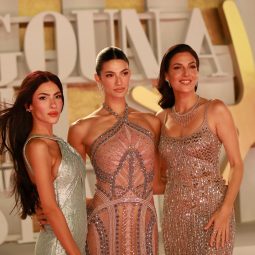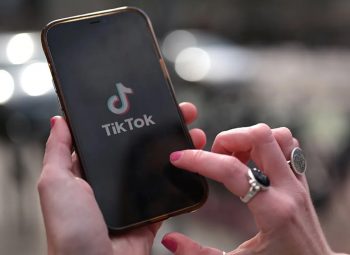When faced with two choices, one is easy and the other is difficult, which would you choose? Opting for the easy way sounds better, but is it really the preferred option or simply the convenient one? Some may argue that this is due to the convenience culture in which we're immersed.
What is Convenience Culture?

Convenience Culture is like choosing to ride somewhere instead of walking, even if it's a short distance; it's selecting instant noodles over preparing a meal from scratch; it's using AI to automate your work. The excessive use of AI highlights a culture of convenience that often overlooks long-term consequences, as it thrives on instant gratification and short-term benefits.
The Question of Instant Gratification and Long-term Effect

It can seem like a great benefit when completing tasks in a short amount of time with minimal effort, but in reality, it's a very short-term one. It robs you of any real sense of accomplishment, and subsequently, your overall sense of satisfaction decreases, allowing room for more stress.
Eventually, the more you rely on AI, the more your ability to do the work that you studied for years to be able to do deteriorates. Finding the perfect prompt is simply not doing the work. The more problematic aspect of this is that students are still in the learning process. If AI is doing all their assignments, how will they retain anything and become dependable professionals? How will anyone be truly good at their job? And what will happen to the human sense of purpose that keeps us going forward?
The Question of Art and Copyrights

It also raises the question of where someone's convenience ends and others' inconvenience begins. If you've been online in any capacity recently, you've likely come across the trend of using AI to render photos in a Studio Ghibli style. This trend may seem like harmless fun, but it causes significant harm to the artist who created it.
Hayao Miyazaki spent years perfecting his art, only for AI to render it into a filter. For instance, in the movie The Wind Rises, there's a 4-second scene that took one year and three months to complete. Now, people are using Miyazaki's art style for purposes such as YouTube thumbnails and marketing without his consent. Where does this leave artists' copyrights?
Unfortunately, Miyazaki is not the only one, but he's the most obvious example. Many writers' works were used to train AI without their consent, and they publicly expressed their disapproval.
We still haven't fully adjusted to the constant online presence, and we're still trying to make sense of the internet, let alone AI. In the future, legislation may be introduced to bring order to the chaos that AI currently represents, much like the internet was in its early stages. However, until that happens, it's our responsibility to be mindful and examine our use of AI closely, rather than mindlessly following trends.







